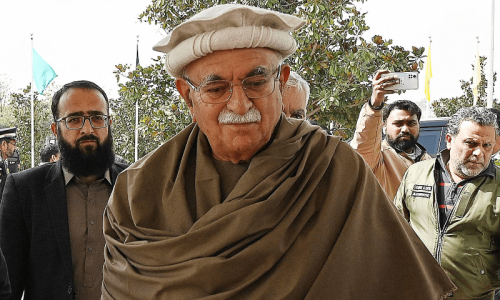There is a “vast global gap” between funds needed to fight the coronavirus pandemic and funds committed, World Health Organisation (WHO) chief Tedros Adhanom Ghebreyesus said on Monday, adding that the WHO was only “10 per cent of the way” there.
More than 19.92 million people have been reported to be infected by the coronavirus globally and 729,883 have died, according to a Reuters tally.
Infections have been reported in more than 210 countries and territories since the first cases were identified in China in December 2019.
“The coming three months present a crucial window of opportunity to scale up the impact of the ACT Accelerator for global impact,” Tedros told a briefing in Geneva, referring to the “Access to Covid-19 Tools” initiative.
“However to exploit this window, we have to fundamentally scale up the way we are funding the ACT Accelerator and prioritise the use of new tools. There is a vast global gap between our ambition for the ACT Accelerator, and the amount of funds that have been committed.”
He said the WHO was only “10pc of the way” to funding the billions of dollars required.
“For the vaccines alone, over $100 billion will be needed,” Tedros said. This sounds like lot of money and it is.
“But it’s small in comparison to the $10 trillion that have already been invested by G20 countries in fiscal stimulus to deal with the consequences of the pandemic so far.”
However, he said he saw “green shoots of hope”.
“It is never too late to turn the pandemic around,” Tedros said. The message is to “suppress, suppress, suppress”.
Dr Mike Ryan, head of WHO’s emergencies programme, said the coronavirus was simple, brutal and cruel.
“It’s brutal in its simplicity, it is brutal in its cruelty, but it doesn’t have a brain,” he said. “We have the brains [...] we can outsmart something that doesn’t have a brain but we are not doing such a great job right now.”
Ryan said that Brazil is registering between 50,000 and 60,000 cases per day. “Brazil is sustaining a very high level of epidemic, the curve is somewhat flattened, but it’s not going down and the system is under great deal of pressure.
“In a situation like that, hydroxychloroquine is not a solution and not a silver bullet,” he added, referring to the malaria drug which President Jair Bolsonaro has encouraged Brazilians to take against Covid-19.
















































